Plastic debris is introduced into rivers, bays and the ocean through human activities. Large plastic material has been shown to interact with a manifold of marine organisms and cause harm, including death. Macroplastics also fragment into microplastic particles (MP; < 3/16 in) via weathering and UV degradation. These small plastic particles also can interact with marine animals, especially those that filter feed. Despite these interactions, the uptake and accumulation of microplastics by filter-feeding bottom-dwelling animals, such as bivalves, is not clear. Equally unclear is whether ingestion of microplastics by filter feeders results in toxicological effects.
In this presentation, Dr Evan Ward will provide the current understanding of plastic pollution in the ocean and its interactions with marine animals. He will then present data from his research in which they examine the capture, ingestion, rejection and elimination of microplastics by bivalves and other filter feeders. The goal of this work is to understand uptake of microplastics by marine animals, identify a robust bioindicator for plastic particles in the ocean, and examine the potential for transfer of microplastics through the food chain.
J. Evan Ward is the Head of the Department of Marine Sciences at the University of Connecticut. He was awarded a Ph.D. in Marine Biology and Biochemistry from the University of Delaware in 1989, receiving the College's E. Sam Fitz Award for greatest aptitude for professional development in marine studies. As a professor of marine sciences at UConn, Ward has been the recipient of a National Science Foundation Career Award and two Fulbright Foreign Scholarships. He has been a visiting scholar at the University of Panama (2004) and University of Exeter in the UK (2011). Ward also served as the lead PI and director of one of NOAA’s Oceans and Human Health training consortium, focusing on interdisciplinary research and training in coastal-ecosystems & human Health. In 2013, he was elected to the Connecticut Academy of Science and Engineering. For the past 30 years, Ward has studied environmental physiology of marine, suspension-feeding invertebrates. Recently, his research has focused on capture, ingestion and elimination of microplastics and nanomaterials by commercially important species, and the impacts of these particles on feeding and digestive processes. His research is funded by grants from the NOAA-Marine Debris Program, CT Sea Grant, Long Island Sound Study, and National Science Foundation. Ward has published over 90 scientific papers and book chapters and serves on the editorial boards of several scientific journals.





